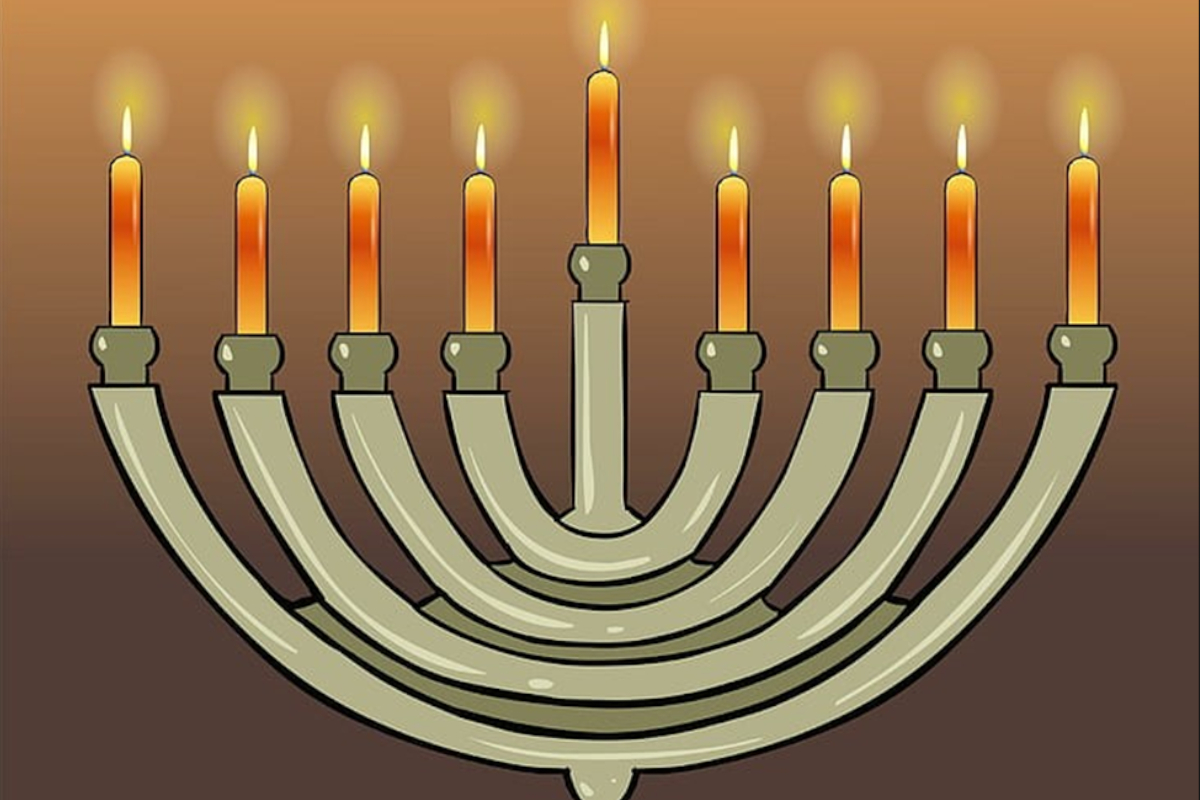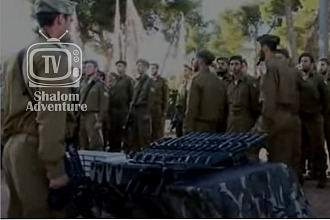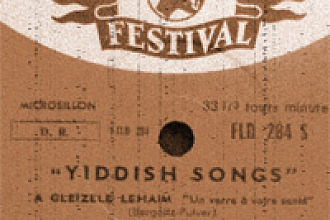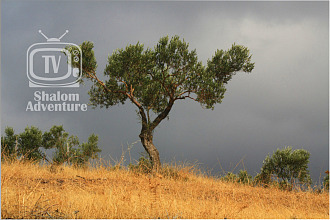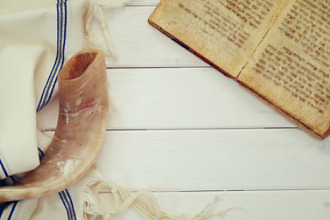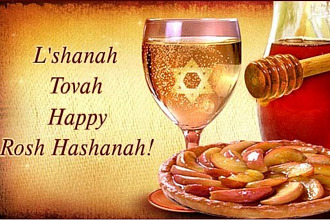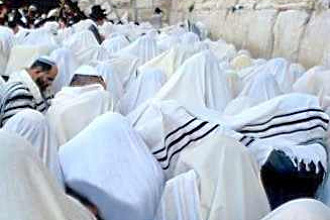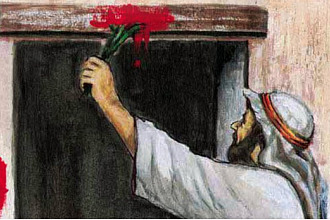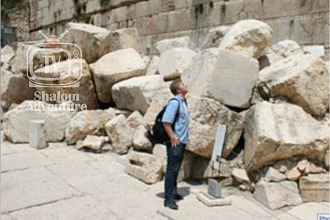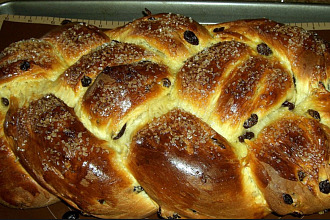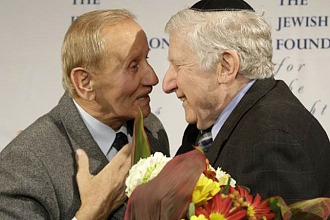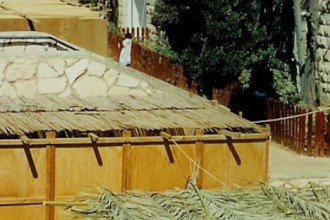Around the year 200 BCE, Israel was under the rulership of the Syrians who were under the rulership of the Romans. Antiocus Epiphanes was king of the Syrians at that time. Epiphanes means "the god's beloved." He is sometimes was called Epimanes which means "madman" because of how cruel he was.
Jochanan was the High Priest in the temple in Jerusalem at the time. Antiochus had Jochanan removed from his position as High Priest and replaced him. Later on, Jochanan was murdered because he continued to speak out against the idolatry that was being conducted in GOD's temple.
When Antiochus Epiphanes was away warring with Egypt, the Jewish people rebelled against the new priest and chased him and his associates out of Jerusalem.
Word came from Rome commanding that the war with Egypt cease. This infuriated Antiochus. Then when Antiochus came back from Egypt and heard what had happened in Jerusalem, he was outraged. He sent his army down to Jerusalem, slaughtering thousands of Jews. Jewish worship was then forbidden, and the holy scriptures were burned. Sabbath rest, circumcision, and the dietary laws were prohibited under a death decree.
Some of the servants of Antiochus tried to force Rabbi Eliezer to eat pork. The 90 year old Rabbi was a respected elder in the community. The army felt that if they could force the rabbi to eat it, the others would submit to them. When Rabbi Eliezer refused, they suggested to him that he put the pork to his lips to give the appearance of eating. When he continued to stand for the laws of his God, he was murdered for his faith.
Antiochus' army went from village to village, and many people died as martyrs because they chose to follow the teachings of the bible.
One day the army of Antiochus entered the village of Modin where an elderly Jewish priest named Mattathias lived. Antiochus' army demanded that Mattathias offer a sacrifice to their Greek gods. Mattathias replied by saying, "I, my sons, and my brothers are determined to remain loyal to the covenant which our God made with our ancestors!" Then Mattahias, his sons, and his friends fought against the Syrian army, killing many and chasing the rest away. Mattahias knew the Syrian army would come back, so he and his followers fled to the hills.
One day Mattathias gathered his friends around him and said to them, "I feel that my last day is drawing near. Let my son Judah lead you to victory against the enemies of God. Though you may be greatly outnumbered, despair not, put your faith in God. Remember Elijah, who stood alone against false prophets! He who answered Elijah in his hour of peril shall answer you now. Fear not, but put your faith in GOD." Soon after this day Mattiathias died, and Judah took over.
Judah was called Maccabee, a word composed of the initials of 4 Hebrew words which mean "who is like unto thee, O GOD." Antiochus sent his men to wipe out Judah and his followers, the Maccabees. Even though greater in number and in equipment, the Syrians were defeated by the Maccabees. Antiochus sent out another troop which was also defeated. Next he sent a large army of 40,000 men to destroy the small group of Maccabees. Judah told them "have no fear, for it isn't our weapons that defeated the enemy in the past, but faith in GOD. HE will fight on our side." The small, praying company won the battle.
After the battles with the Syrian armies, the Maccabees returned to Jerusalem and liberated it. They entered into the temple, cleared out all the Syrian idols, and built a new alter for sacrificing lambs so that they could receive forgiveness of sins. When they entered the Holy place in the sanctuary, they found that the Golden lampstand was stolen by the Syrians, so they built another lampstand. The lampstand consisted of seven branches coming from one base. It shed light in the holy place and the most holy place in the sanctuary where Ten Commandments were kept. The lights on the lampstand were to stay lit 24 hours a day, 7 days a week.
After the Maccabees took back GOD's sanctuary from the Syrians, they searched for some pure olive oil to light the candlesticks. There was none to be found because of all the destruction the Syrians had done. They continued to look, and finally found a small jar of olive oil sealed by the High Priest Jochanan before he was murdered. As they lit the menorah, the people praised GOD and sang Psalms to GOD for HIS deliverance and for restoring HIS temple to them. The jar held only enough oil for one day, but God had commanded that the lamps were to remain lit continually. GOD worked another miracle and kept the lights burning with that little bit of oil for eight days, until they were able to obtain more pure olive oil. That is why Chanukah is celebrated for eight days.

